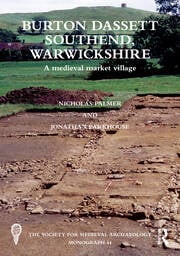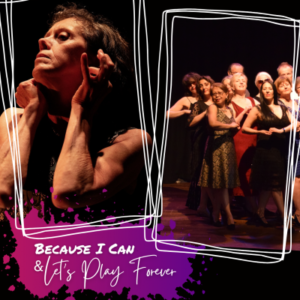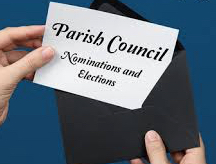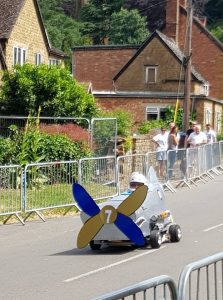
What do you know about the community of Southend in Burton Dassett parish?
Southend was one of five medieval settlements in Burton Dassett parish, Warwickshire and was the site of a market promoted by the manorial lord Bartholomew de Sudeley, with a charter being obtained in 1267. The settlement prospered, becoming known as Chipping Dassett, and approached urban status, but then declined throughout the 15th century. It was subjected to depopulation in 1497. The site survived as earthworks in pasture until construction of the M40 motorway provided an opportunity for archaeological exacavation. The only building to survive was the 13th-century chapel of St James, reduced, along with an adjacent post-medieval priest’s house, to a cow-shed.
Open area excavations at Southend investigated parts of ten medieval properties. There was some prehistoric and Romano-British activity, with evidence for woodland regeneration and subsequent clearance in the post-Roman period, despite the Feldon area being one often considered to have little in the way of tree-cover since the Roman period. The main period of occupation lasted from the mid-13th century to the late 15th century, reflecting the rise and decline of Chipping Dassett. Over 20 complete plans of houses and outbuildings were recorded, exhibiting a range of building techniques. The remains were well preserved, the surviving stratigraphy protected by demolition rubble. In most houses successive building phases were revealed and many internal features survived. A door jamb inscribed with the name of a tenant family ‘Gormand’ suggests a degree of functional literacy. One of the properties was recognised as a smithy during the excavation and a pioneering sampling and analysis of the ironworking evidence was carried out. The site was also sampled extensively for charred plant remains and, unusually for Warwickshire with its slightly acid soils, a large assemblage of animal bone was collected. Work on these provides direct evidence of medieval agricultural practice, to be compared with the local historical evidence. The large quantities of finds recovered, probably the largest assemblage from a medieval rural settlement in the West Midlands, enable the reconstruction of the material culture of a late medieval Warwickshire Feldon village.
A book launch and event to celebrate the work that has been done on Southend is taking place at St John’s House, Warwick, on the evening of 27 March 2023.
Doors will open from 6pm for drinks, nibbles and to view a display of some of the finds and speeches will ensue from 7pm.






